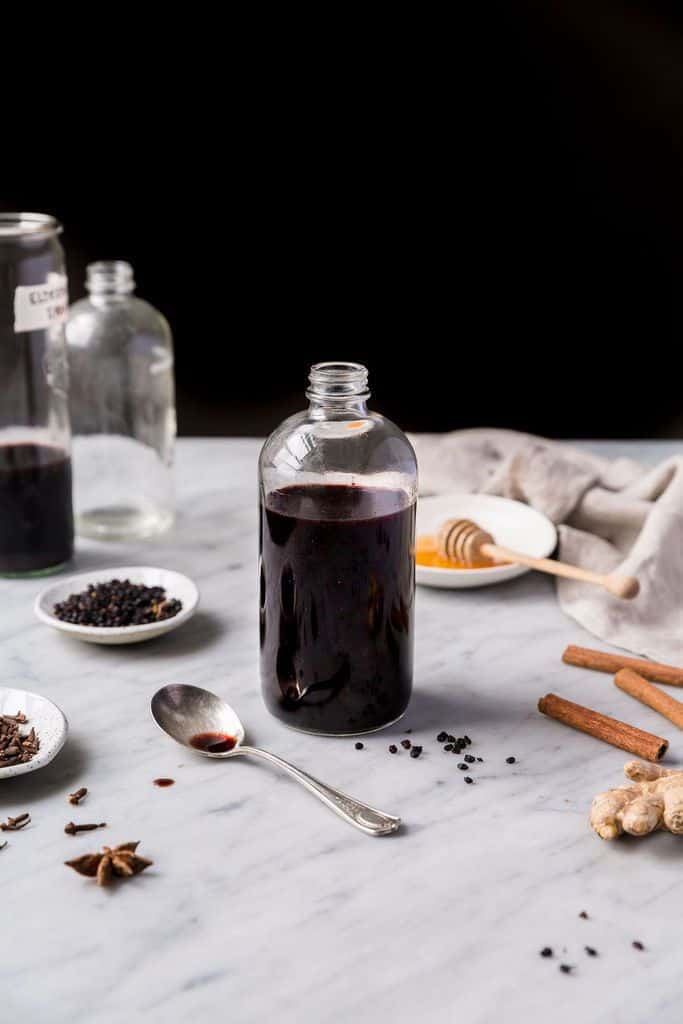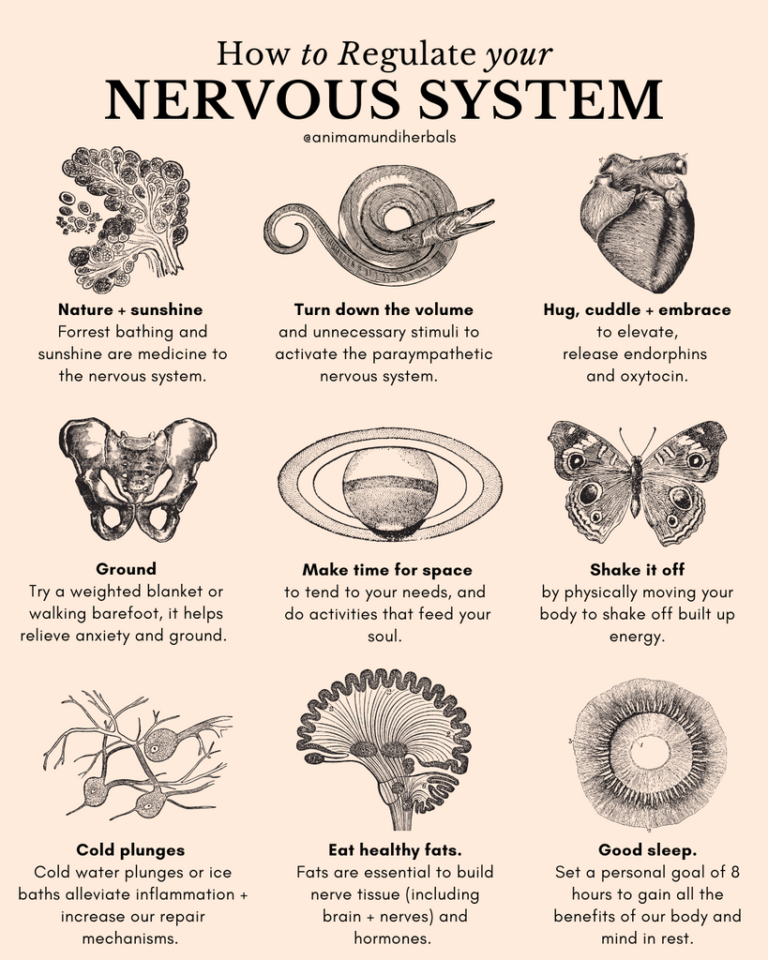I’ve tried and failed many times. Many times. There’s just something comforting about coffee to me – and coffeeshops, don’t get me started. I love them – there’s something about being in a coffee shop that is oddly relaxing to me. Even so, I can’t get around the fact that coffee isn’t the greatest for you. It goes beyond the toxins and mold that the coffee could’ve been grown with, beyond organic or non-organic, beyond shade-grown. The problem most often is associated with the caffeine
Mark Hyman states there are 10 reasons to quit coffee, you can read the full article here.
- The caffeine in coffee increases catecholamines, your stress hormones. The stress response elicits cortisol and increases insulin. Insulin increases inflammation, and this makes you feel lousy.
- Habituation to caffeine decreases insulin sensitivity, making it difficult for your cells to respond appropriately to blood sugar. High blood sugar levels lead to arterial deterioration and increased risk of mortality related to cardiovascular disease.
- Unfiltered coffee has the highest amount of beneficial antioxidants yet also leaks the most diterpenes into your system. These diterpenes have been linked to higher levels of triglycerides, LDL and VLDL levels.
- The helpful chlorogenic acids that may delay glucose absorption in the intestine have also been shown to increase homocysteine levels — an indicator for increased risk of cardiovascular disease, which tends to be elevated in diabesity.
- The acidity of coffee is associated with digestive discomfort, indigestion, heart burn, GERD and dysbiosis (imbalances in your gut flora).
- Addiction is often an issue with coffee drinkers and makes it really difficult to rely on the body’s natural source of energy. Ask any coffee drinker about how it feels to withdraw from coffee, and you will mistake their story for that of a drug addict’s…
- Associative addictions trend with coffee — who doesn’t immediately think of warm, frothy sweet cream and sugar when they picture coffee? Surely the business of coffee has inspired a culture addicted to the sugary, fatty tastes of what has become more of a meal than a drink! That morning latte is the epitome of food lacking nutrition density yet packing energy!
- 5-HIA, an organic acid and component of the neurotransmitter serotonin (the happy chemical) seen in the urine tends to be elevated in coffee drinkers, which means they may be at risk for lower levels of serotonin synthesis in the brain. Serotonin is necessary for normal sleep, bowel function, mood, and energy levels. It is a vicious cycle, as caffeine can disrupt sleep and promote anxiety and depression. We all know someone who tends to be tired, wired and over-caffeinated!
- Elevated urinary excretion of important minerals such as calcium, magnesium and potassium have been noted in coffee drinkers. An imbalance in your electrolyte status can lead to serious systemic complications.
- Constituents in coffee can interfere with normal drug metabolism and detoxification in the liver, making it difficult to regulate the normal detoxification process in the liver. Another issue to be aware of with coffee intake is how certain medications such as levothyroxine (thyroid) as well as tricyclic antidepressants are poorly absorbed, making symptoms curiously worse for patients.
I can’t say that I didn’t know coffee wasn’t particularly great for me. Just like most things, we know what isn’t good for us, but we turn the other cheek because we love it so much and sometimes can’t see our lives without it. My time has come though, and it came with a price. For the better part of the last year and a half I’ve been trying to get off my thyroid medication. For people with thyroid issues, most suffer from an underactive thyroid, however I’ve had a hyperactive thyroid for a few years.
Yesterday I learned the hard way that even when you’re doing holistic alternatives, it doesn’t negate what you’re feeding your body and the stress you’re putting it under. Couple that with having a busy life and not making time to exercise, it’s no wonder my body went in the opposite direction. I got a call from my endocrinologist that my thyroid blood tests came back and my thyroid levels are way under what they should be and that I need to increase my medication instead of getting off of them like I had planned. Ouch.
When I looked back and reevaluated everything I’ve been unintentionally doing to my body over the last 6 months or so, I can easily see why my labs are reflecting someone in pretty poor health. Truthfully, because I kind of am. Busy lives lead to living out of your car, rushing from one place to the next, sometimes being home long enough to sleep and then getting up to do it all again the next day. Too tired to cook good food, so you opt for restaurants or carry out. Too exhausted to even think about exercising, so you don’t. It’s a pretty easy cycle to get yourself in, and I know I’m not alone in that.
So yesterday I started to do some research on coffee alternatives because more than needing to get back in better health, I want to see if something like cutting out coffee would put my body back on track. One step in the right direction while I work to balance out my life and cut some of the stress. I came up with a list of great coffee alternatives like hot lemon water, hot teas (like licorice or green tea) and hot maca (Peruvian superfood). I’m a huge tea drinker, love the stuff so I felt I already had some great experience with that. I wanted to try out the maca – I had used it in smoothies before, but never would’ve thought to make it into a hot drink. Julie Morris of MindBodyGreen.com says “Harvested primarily for its radish-like, nutrient-rich root, maca is what’s known as an adaptogenic food. Just as the maca plant adapts and adjusts to the hardships of its growing region, when ingested, it amazingly has a similar effect on the body – helping balance stress and maintain a state of biological equilibrium. Research shows maca’s adaptogenic compounds directly support the adrenal glands to help regulate hormones and enhance energy without being a stimulant.” Maca is a true power food.
I found a simple recipe that I made this morning:
1 cup almond milk
1-2 Tbsp maca powder
Dash of raw honey
Sprinkle of cinnamon (except I used a drop of a high grade cinnamon essential oil)
I heated the almond milk first, then I added the maca, honey and cinnamon. That’s where I went wrong – the maca kind of clumped up and I had to try to smooth it out with the back of a spoon, which didn’t really work so great. While it had a good taste, I couldn’t get past the clumpiness. If I make this version again I’m going to put all the ingredients in my Nutribullet first (minus the cinnamon oil because I want to preserve all the natural constituents), then heat it up in a pot over the stove and put the cinnamon oil in last.
I found another recipe today that actually sounded a lot better to me. Most recently I traveled to Canada to teach some classes and I was introduced to coffee with whipping cream and real Canadian maple syrup. It sounds a little cooky, but I promise it’s SO good. When I found a hot maca recipe from Julie’s article that included maple syrup I was sold – I can’t wait to try this one tomorrow:
1 1/4 cups unsweetened almond milk
1 tsp maca powder
1 Tbsp maple syrup
Put everything in a blender to blend the ingredients and then heat over low heat until it starts to bubble and become frothy.
Day 1 was rough, I won’t lie. I’m typing with a headache and feeling very sluggish, but I know it’s my body’s way of detoxing and I should expect to feel like this for a couple days. I’m trying to move things along quicker by drinking lots of water with lemon essential oil to aid with the detoxing on a cellular level. Love my oils!



